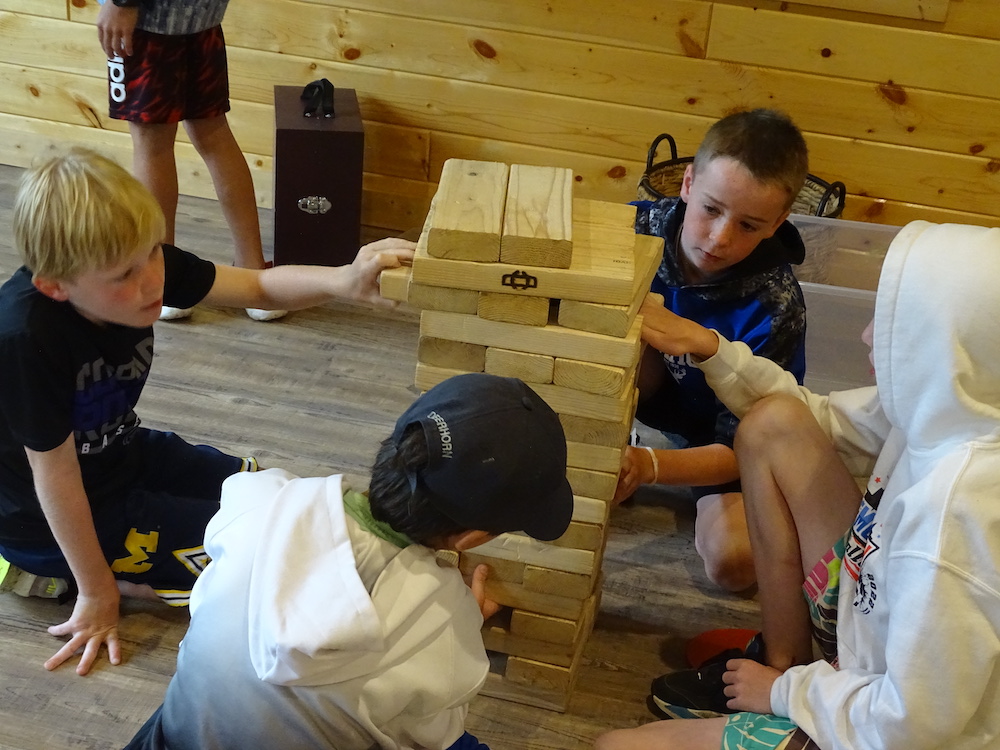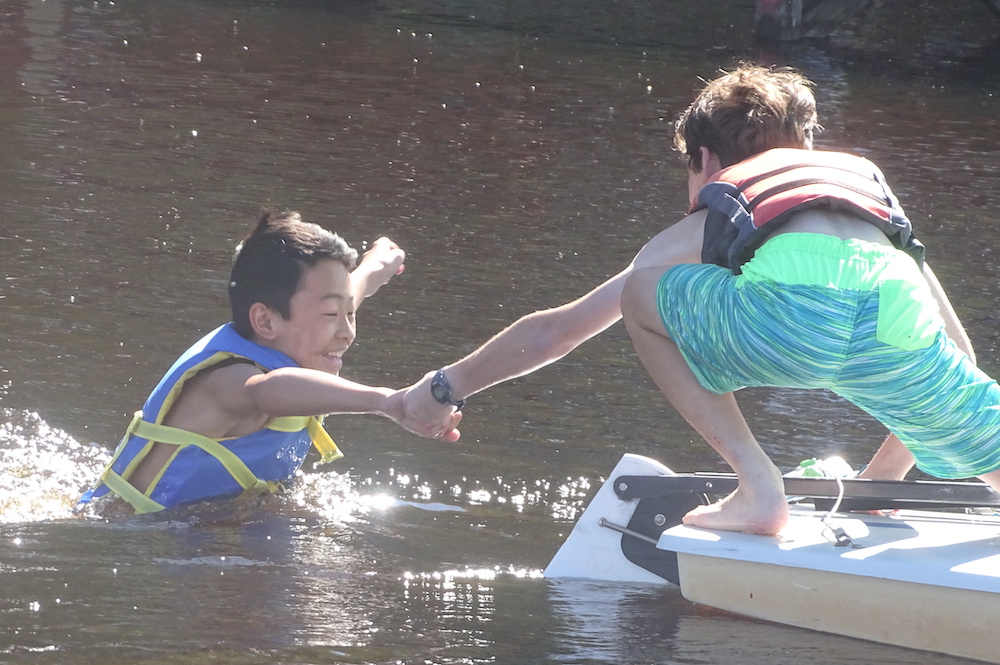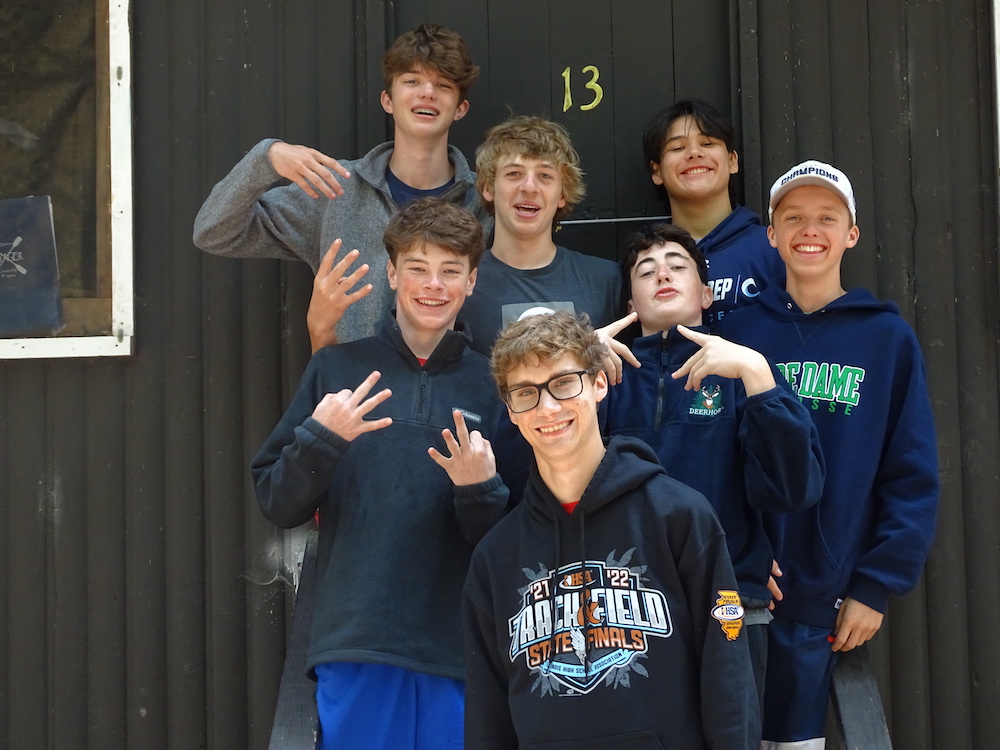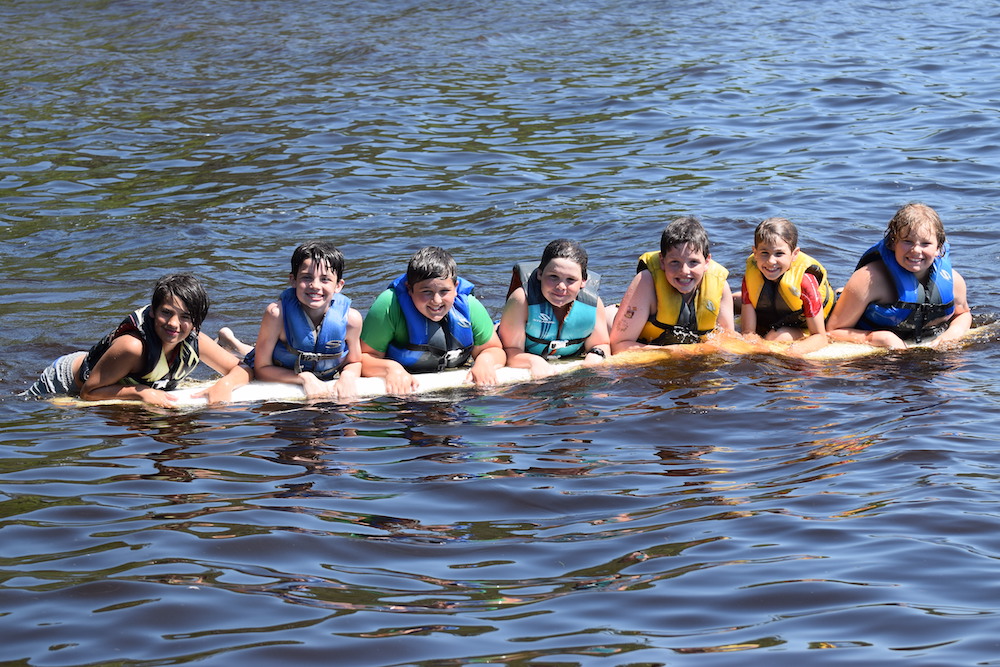One of the speakers at a recent camp conference I attended was Catherine Steiner Adair. She is a clinical psychologist whose mission in her work is “Ensuring that today’s students – our children – have not just the technological tools they need as they inherit the AI future, but the tools of our humanity – the empathy, ethics, social and emotional intelligence and DEI competencies they need to survive and thrive in our ever-changing interconnected world.” She wrote a book called The Big Disconnect, about protecting childhood and relationships in this digital age. The pandemic has had a major impact on the development of these important skills in kids. Skills that have declined during the pandemic in young adults and kids include:
- the development of empathy
- cognitive flexibility (navigating the ups & down of life, conflict resolution, and problem solving ability)
- curiosity
- sustained focus/following commands
- frustration tolerance and self-regulation
Anyone who cares about and works with children can see firsthand these impacts of the pandemic. Kids are more impulsive, and more physically and emotionally reactive, and we see unprecedented levels of anxiety. Sometimes this anxiety manifests itself in smaller signs like phobias, bedwetting, or new rituals. This lack of coping skills after the stress of the pandemic can also be seen in racial and political outbursts.

The question is, how best do we help kids develop these important skills as they grow and recover from the effects of the pandemic? One of the first answers that Catherine had to that question was simply, summer camp! Camp culture is a counter culture to what happens in the rest of the world. It’s a place where everyone can feel seen and safe and secure. There is no other place like camp where we do the hard work in a safe, fun space to develop social emotional intelligence. As parents, we often try to fix things too fast, instead of giving kids the time and space to figure it out on their own. It’s only natural…it’s so hard to see your kid struggle! But social emotional/relationship/problem solving skill building takes time and practice. Sure, they can learn some of those skills at school, with friends, and through sports, but at camp kids are naturally put in the position to figure it out through all of their daily interactions.

At camp, we are stretching kids’ “rubber bands,” helping them to learn how to be more flexible. Camp is a safe space to grow cognitive flexibility, like dealing with frustration, sharing a space with other kids, taking turns, solving problems, and adapting to situation changes. All of this problem solving doesn’t necessarily come in the form of big, giant problems. Maybe there’s something on the menu you don’t like, and you have to decide whether to try it, or find something else to eat at the salad bar. Maybe you’re struggling to share a bunk bed with the kid underneath you, so you have to talk through how to share that common space. Maybe you’re frustrated because you keep trying to get up on waterskis, but you fall over and over. Maybe you were excited for general swim that day, but then it started raining.

Camp is fun, for sure, but there are also frustrations kids face on a daily basis, and they have to learn how to deal with them, without their parents, but with the help of friends and caring staff. They learn that they are capable, that they can adapt, and that they can, in fact, solve their own problems. What greater gift for our kids than a toolbox full of these “tools of our humanity”?
